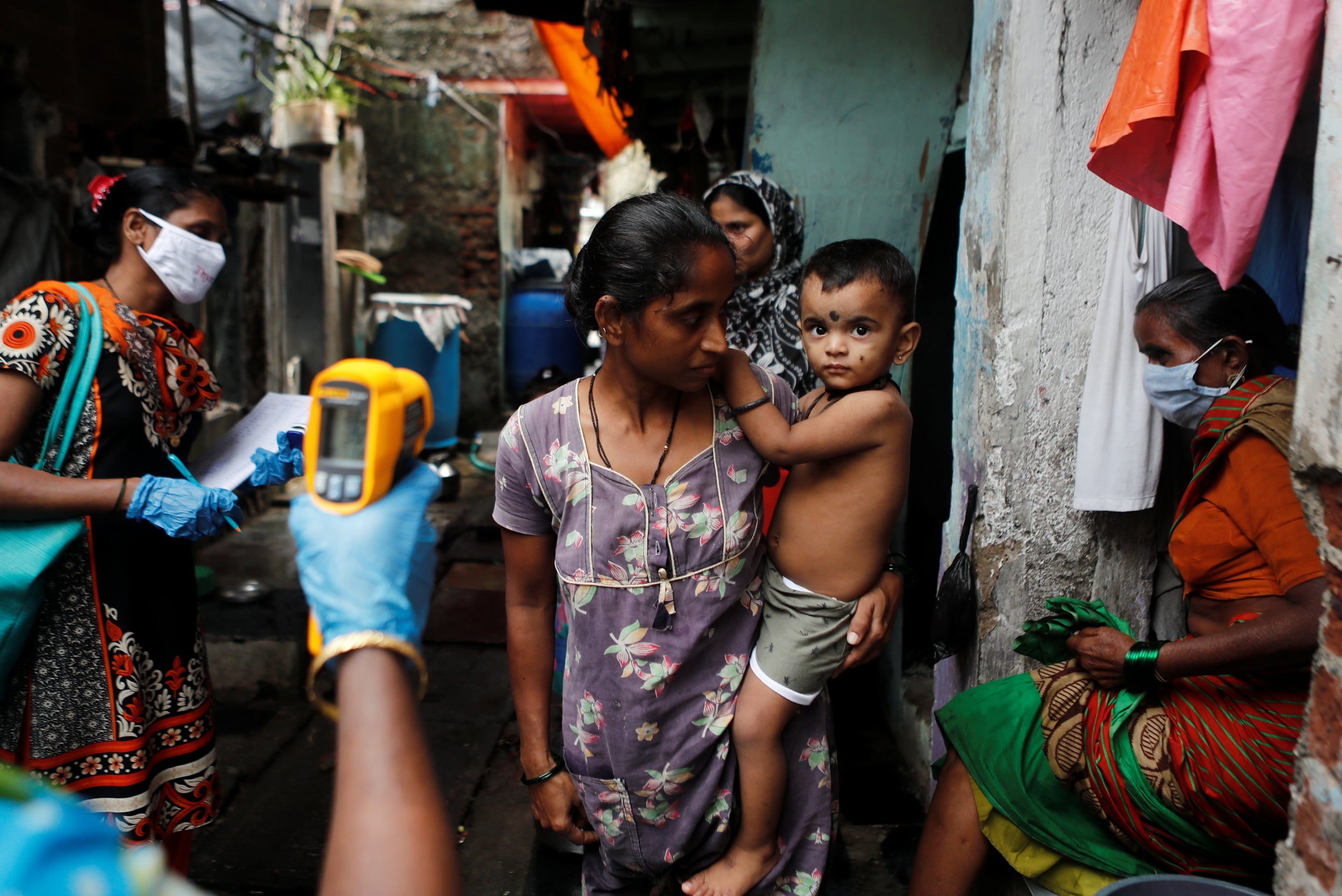Coronavirus could kill more people through hunger than the disease itself, warns Oxfam
Charity estimates 122 million more people could be pushed to the brink of starvation as a result of the crisis

More could die as a result of hunger linked to Covid-19 than from the virus itself, a charity has warned.
A report by Oxfam estimates that 122 million more people could be pushed to the brink of starvation this year as a result of the social and economic fallout from the pandemic including through mass unemployment, disruption to food production and supplies, and declining aid.
This equates to as many as 12,000 people dying every day while the global mortality rate for coronavirus reached a peak of 10,000 deaths per day in April 2020, according to Oxfam’s Hunger Virus report.
“The knock-on impacts of COVID-19 are far more widespread than the virus itself, pushing millions of the world’s poorest people deeper into hunger and poverty,” said Danny Sriskandarajah, chief executive of Oxfam GB.
“It is vital governments contain the spread of this deadly disease, but they must also prevent it killing as many – if not more – people from hunger.
“Governments can save lives now by funding the UN Covid-19 appeal and supporting the call for a global ceasefire to end conflict in order to tackle the pandemic.
“The UK could make a real difference by championing debt cancellation at the G20 finance ministers meeting next week to pay for social protection measures such as cash grants to help people survive.
“For many people COVID-19 comes as a crisis on top of a crisis. To break the cycle of hunger, governments must build fairer and more sustainable food systems that ensure small-scale producers and workers earn a living wage.”
The report reveals the world’s ten worst hunger “hotspots”, including Afghanistan, Syria and South Sudan where the food crisis is most severe and getting worse as a result of the pandemic.
It also highlights emerging epicentres of hunger – middle income countries such as India, South Africa, and Brazil – where millions of people who were barely managing have been tipped over the edge by the pandemic.
In Afghanistan, border closures have hit food supplies and the economic downturn in neighbouring Iran has caused a drop in remittances.
The number of people on the brink of famine has risen sharply from 2.5 million in September 2019 to 3.5 million in May 2020, according to the report.
Travel restrictions in India have left farmers without vital migrant labour at the peak of the harvest season, forcing many to leave their crops in the field to rot.
Traders have also been unable to reach tribal communities during the peak harvest season for forest products, depriving up to 100 million people of their main source of income.

Women-headed households are also more likely to go hungry despite the crucial role they play as food producers and workers, the report added.
They make up a large proportion of already vulnerable groups, such as informal workers, that have been hit hard by the economic fallout of the pandemic and have also borne the brunt of a dramatic increase in unpaid care work as a result of school closures and family illness.
Kadidia Diallo, a female milk producer in Burkina Faso, said: “COVID-19 is causing us a lot of harm. Giving my children something to eat in the morning has become difficult.
“We are totally dependent on the sale of milk, and with the closure of the market we can’t sell the milk anymore. If we don’t sell milk, we don’t eat.”
Join our commenting forum
Join thought-provoking conversations, follow other Independent readers and see their replies
Comments